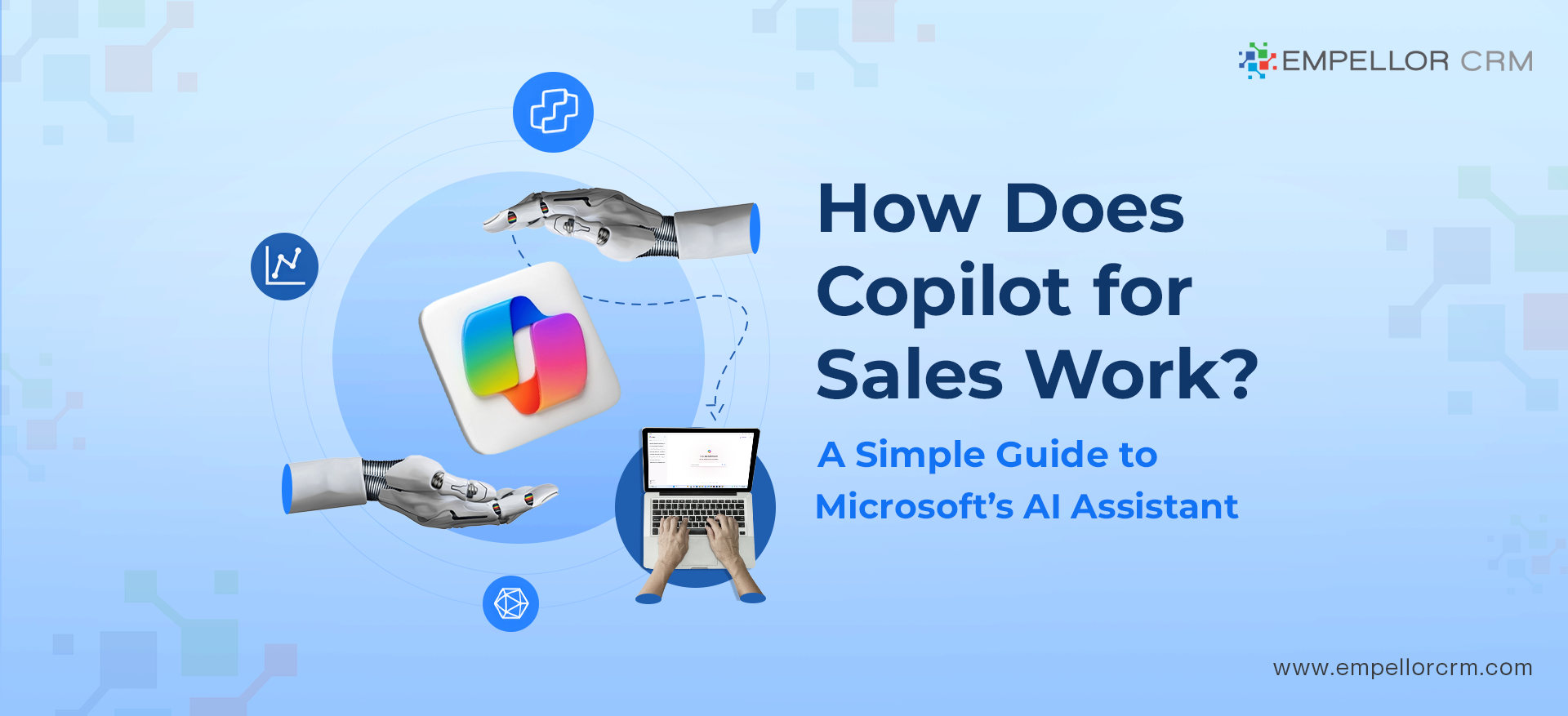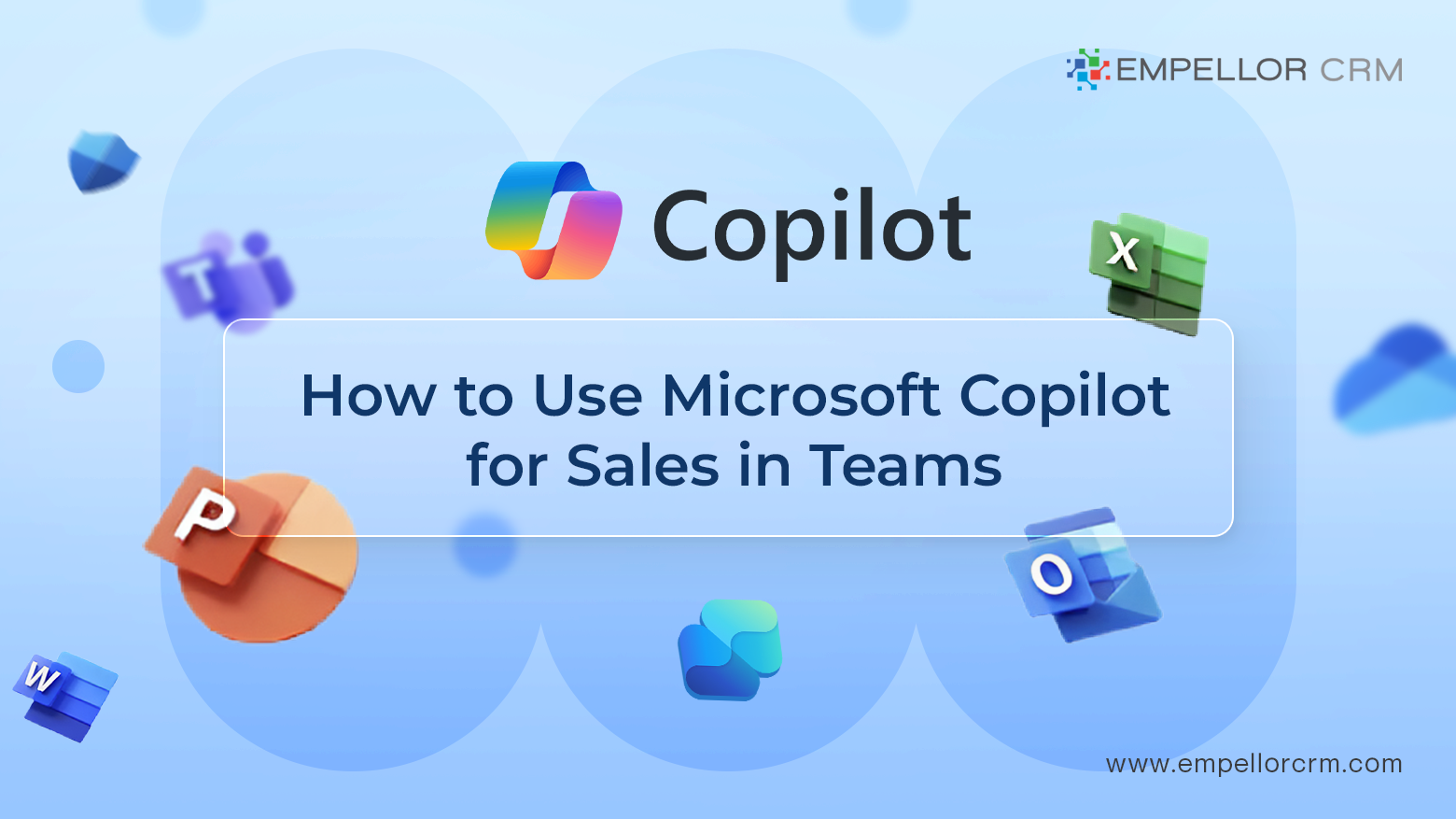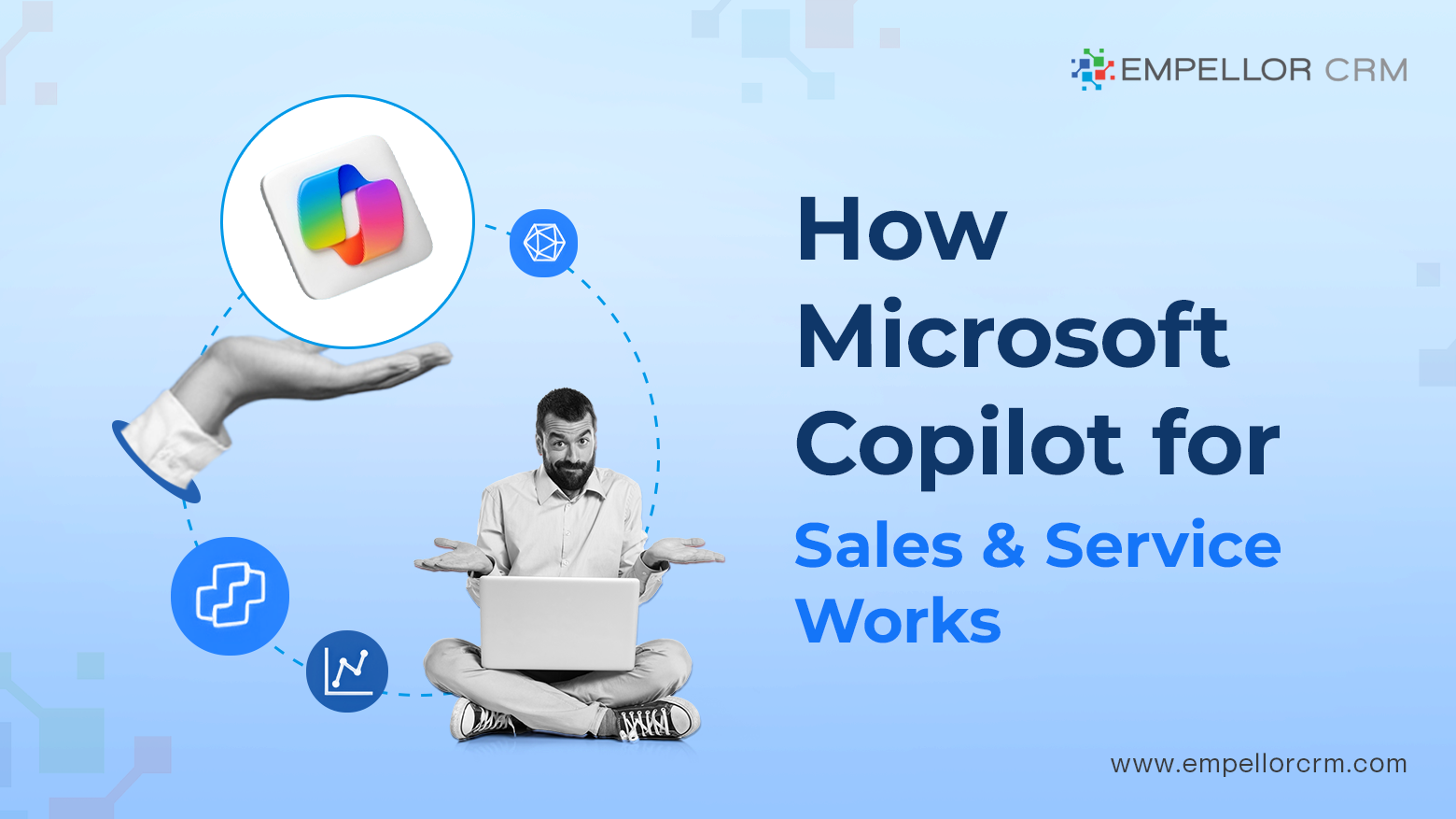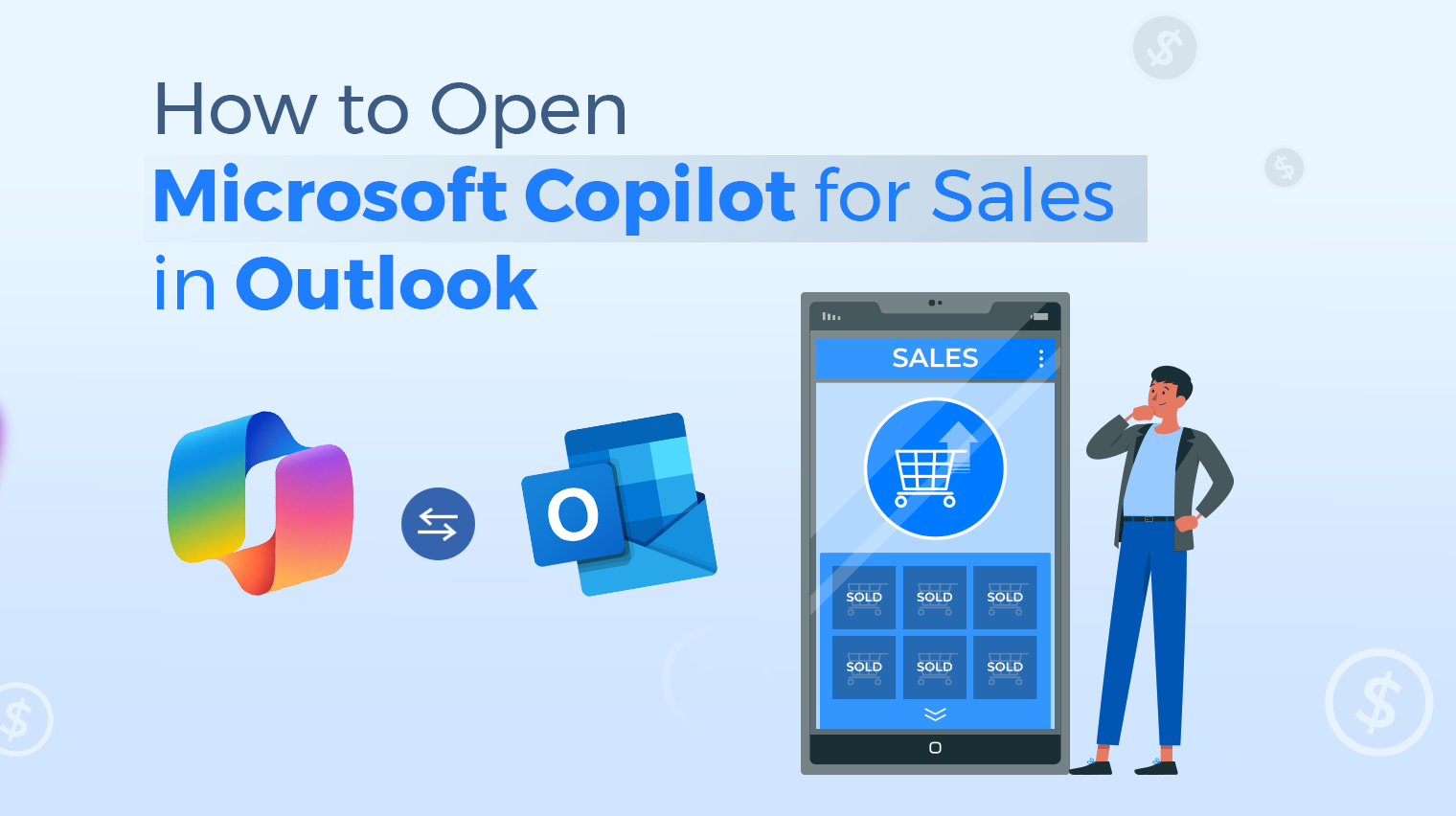Claim your free copy of the book CRM Shouldn’t Suck
Claim your free copy of the book CRM Shouldn’t Suck
How Does Copilot for Sales Work? A Simple Guide to Microsoft’s AI Assistant

1. How Does Copilot for Sales Work? The Basics
2. The Technology Behind Copilot for Sales
So, how does Copilot for Sales work on a technical level? It operates by analyzing large volumes of data from various sources, including customer interactions, emails, and CRM entries. Using AI, Copilot identifies patterns and trends that might not be immediately obvious to human sales reps. It then delivers actionable insights directly within the sales tools your team is already using, making it easy to act on the information provided.
For example, Copilot might alert you to a high-priority lead that needs immediate attention or suggest personalized content to send to a prospect based on their past interactions. The AI continuously learns from new data, so its recommendations become more accurate over time.
3. Key Features of Copilot for Sales
To better understand how Copilot for Sales works, let’s explore some of its key features:
- Predictive Analytics: Copilot uses AI to predict which leads are most likely to convert, helping sales reps prioritize their efforts effectively.
- Automated Task Management: Routine tasks, such as scheduling follow-ups or sending emails, can be automated, freeing up time for more strategic activities.
- Customer Insights: Copilot provides insights into customer behavior and preferences, enabling personalized engagement that can increase sales success.
- Next Best Action Recommendations: Based on real-time data, Copilot suggests the next steps a sales rep should take to move a deal forward.
4. Why Copilot for Sales is Essential
Now that we’ve covered how Copilot for Sales works, let’s look at why it’s important. The tool’s ability to analyze data and provide actionable insights means sales teams can make more informed decisions, work more efficiently, and ultimately close more deals. By automating repetitive tasks, Copilot allows sales reps to focus on building relationships and developing strategies that drive business growth.
Additionally, Copilot’s AI-driven recommendations ensure that every interaction with a customer is timely and relevant, which can lead to higher conversion rates and improved customer satisfaction.
5. Getting Started with Copilot for Sales
If you’re ready to see how Copilot for Sales can benefit your team, the first step is to integrate it with your existing Microsoft sales tools, such as Dynamics 365. Once set up, Copilot will begin analyzing your sales data and providing insights that can help you optimize your sales process from day one.
In summary, understanding how Copilot for Sales works is key to unlocking its full potential. By leveraging AI to provide real-time insights, automate tasks, and enhance decision-making, Copilot for Sales is helping teams close deals faster and more efficiently.


